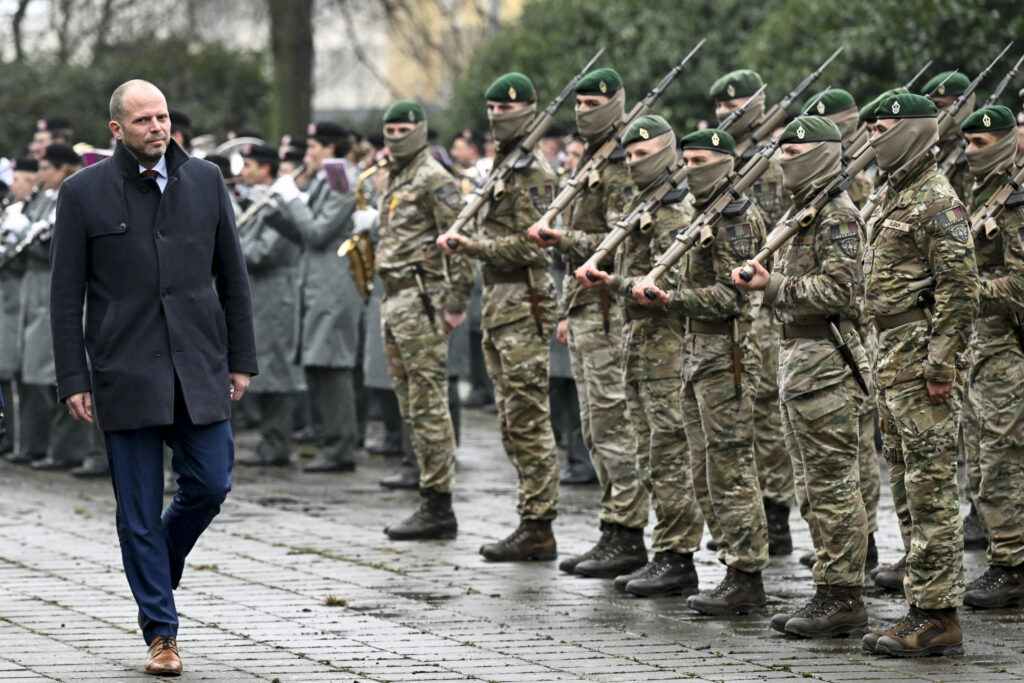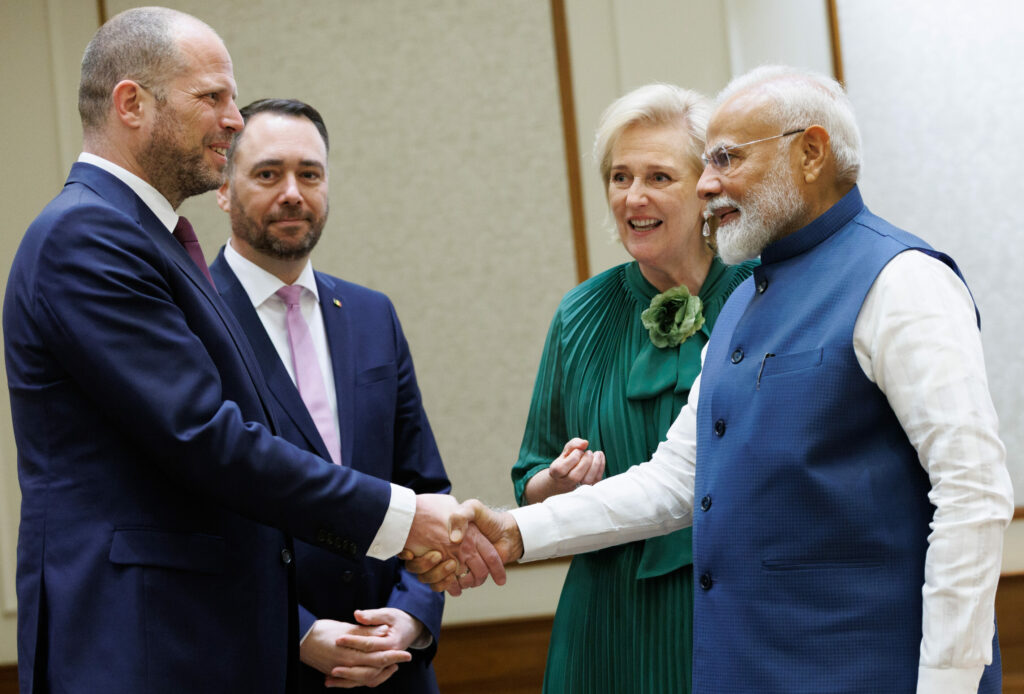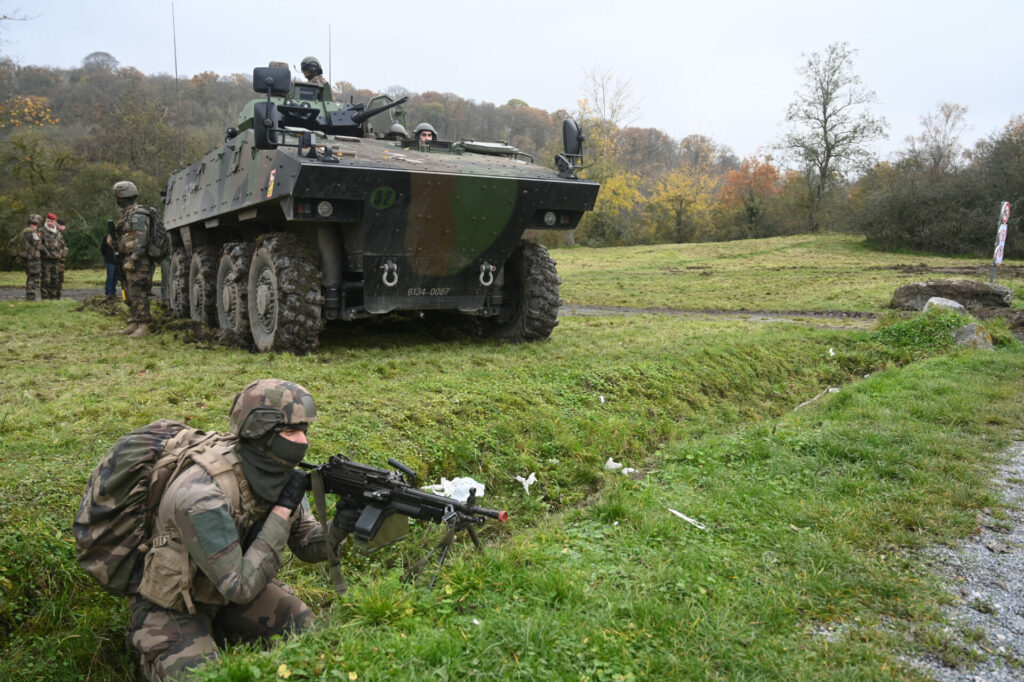Belgian Prime Minister Bart De Wever (N-VA) wants to increase the country's defence spending much faster than initially agreed: an extra €4 billion will be needed by this summer, instead of by 2029.
At the NATO summit in The Hague on 24 June, Belgium wants to be able to show off significantly increased defence spending. De Wever confirmed to De Tijd that he wants to increase Belgium's defence effort to 2% of the gross domestic product (GDP) by the summer.
While that percentage is the standard for NATO Member States, Belgium is nowhere near that: defence spending now accounts for a maximum of 1.31% of the country's GDP (or around €8 billion). The previous Federal 'Vivaldi' Government aimed for 1.59% by the end of its legislature – something it never achieved.
The pressure to spend more has increased considerably since US President Donald Trump made it clear that the EU itself will have to provide security if a peace agreement is reached between Russia and Ukraine – something Trump is strongly pushing for.

New Defence Minister Theo Francken arrives for a visit to the Defense Headquarters in Evere, Tuesday 11 February 2025. Credit: Belga/Dirk Waem
For Belgium, this involves an additional effort of €4 billion, at a time when the Federal Government needs to make considerable savings to get its budget back on track.
L'Echo reports that this will require "a few tricks". For example, defence investments may remain outside the budget targets. On Tuesday morning, European Commission President Ursula von der Leyen announced that Member States' defence spending will not affect excessive deficit procedures for four years – giving several Member States, including Belgium, more budgetary leeway.
To reach €4 billion, the Federal Government is also aiming for a defence fund, paid for with dividends from companies such as BNP Paribas and Belfius (banks in which the state is a shareholder) and with the sale of government holdings.
Additionally, a mechanism will reportedly be put in place to allow institutional investors, such as pension funds and insurers, to finance the defence fund more quickly. At the same time, Defence Minister Theo Francken (N-VA) is also counting on the country's regions to contribute.
Not at the expense of social security
De Wever's coalition partners Vooruit (Flemish socialists), CD&V (Flemish Christian Democrats) and the MR (Francophone liberals) agreed with the idea that Belgium cannot wait until the end of the legislature to reach 2%, but Deputy PM and Foreign Affairs Minister Maxime Prévot (Les Engagés) stated that it will be "near impossible" to increase the army budget by €4 billion before the summer.
"In Belgium's current budgetary context, such a rapid development seems frankly difficult to achieve," Prévot said from New Delhi in India, where he and Francken are present for the economic mission, Belga News Agency reports. "The issue is not to harm other sectors that are strategic in our eyes, because then we risk weakening our social and economic cohesion."

From left to right: Defence Minister Theo Francken, Foreign Affairs Minister Maxime Prevot, Princess Astrid of Belgium and Prime Minister of India Shri Narendra Modi. Credit: Belga/Benoit Doppagne
The coalition agreement provides for achieving the target of 2% of GDP for defence by 2029. "But that was before international politics changed so rapidly and radically," Prévot acknowledged. Pressure is also building within NATO to achieve this figure by the summer.
Prévot is therefore "open" to looking at all schemes of sustained funding for meeting the 2% target faster. "We must remain level-headed: our partners no longer have patience for our delay, especially in the tense context we are experiencing, which will force us to rethink our investment trajectory. But even if the international agenda is shaking us all up, other sectors also deserve attention and investment."

